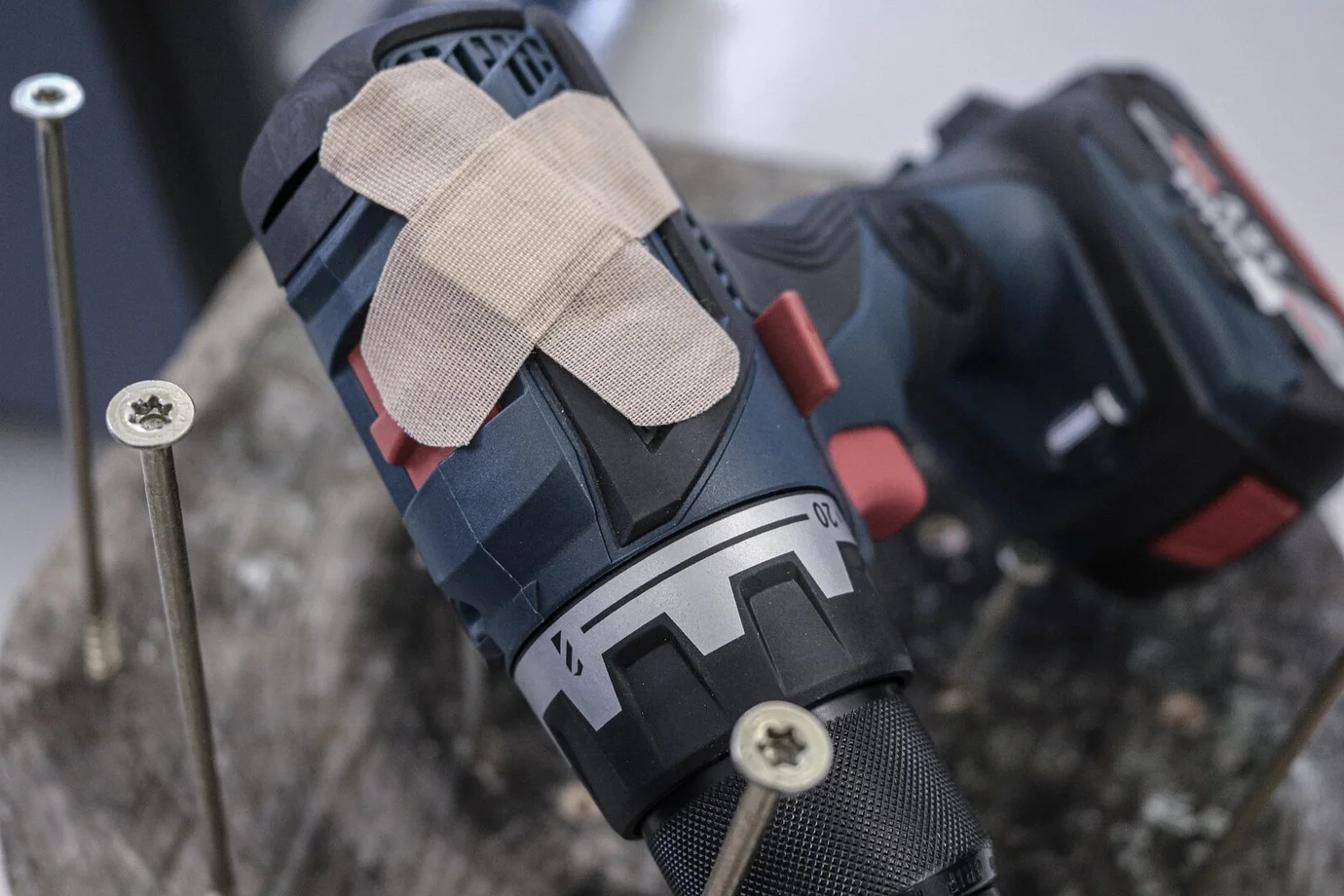Company liable for damage caused by battery fire
The Berlin Court of Appeal has ruled that a company can be held liable for damage caused by a battery fire (Ref. 8 U 24/22, decision of 11 January 2024).
In the underlying proceedings, an insurance company had demanded compensation from a commercial (sub)tenant. The tenant had charged several 18 V batteries on a wooden shelf, although they were not approved by the manufacturer of the charger. These lithium-ion batteries caused a fire that spread to the other equipment.
Lithium-ion batteries with 18 volts are mainly used in various power tools such as cordless screwdrivers, drills and the like. They have a significantly higher power and capacity than laptop batteries, for example, which means they pose a higher fire risk. This is also increased by the often rough handling of the devices.
The Court of Appeal corresponds to a higher regional court in other federal states. The judges argued that the fire risk posed by lithium-ion batteries is considered ‘known’. As the commercial tenant is not allowed to create additional sources of fire risk, he (or his employees) should have charged the batteries safely and also taken other fire protection measures.
Our tip: Even if the judgement only relates to liability for fires in self-rented premises, business owners should not be too careless with their batteries in other situations either.
Contractors should also ensure that they do not use damaged batteries on the construction site and do not charge their power tools, such as cordless screwdrivers, in the proximity of flammable materials.
With safety containers for rechargeable batteries such as the RETRON BOX, contractors are also on the safe side when charging lithium-ion batteries. Our larger containers such as the RETRON 460 can be easily transported with forklift trucks and cranes and can therefore also be taken to a construction site, for example.
Good to know: The Higher Regional Court of Naumburg (Ref. 4 U 51/14, judgement of 19 February 2015) and the Higher Regional Court of Bamberg (Ref. 1 U 34/19, reference decision of 12 June 2019) had already previously ruled that private tenants (or their liability insurers) can also be held liable in principle if they charge lithium-ion batteries improperly. Both cases involved the LiPos of model helicopters. One was charged on a sofa while the tenant left his flat, the other was charged - although possibly damaged - in a flammable environment.
Such fires can be avoided if LiPos or other lithium-ion batteries are transported, stored and, above all, charged in a safety container. You can buy the RETRON BOX in the RETRON SHOP.



